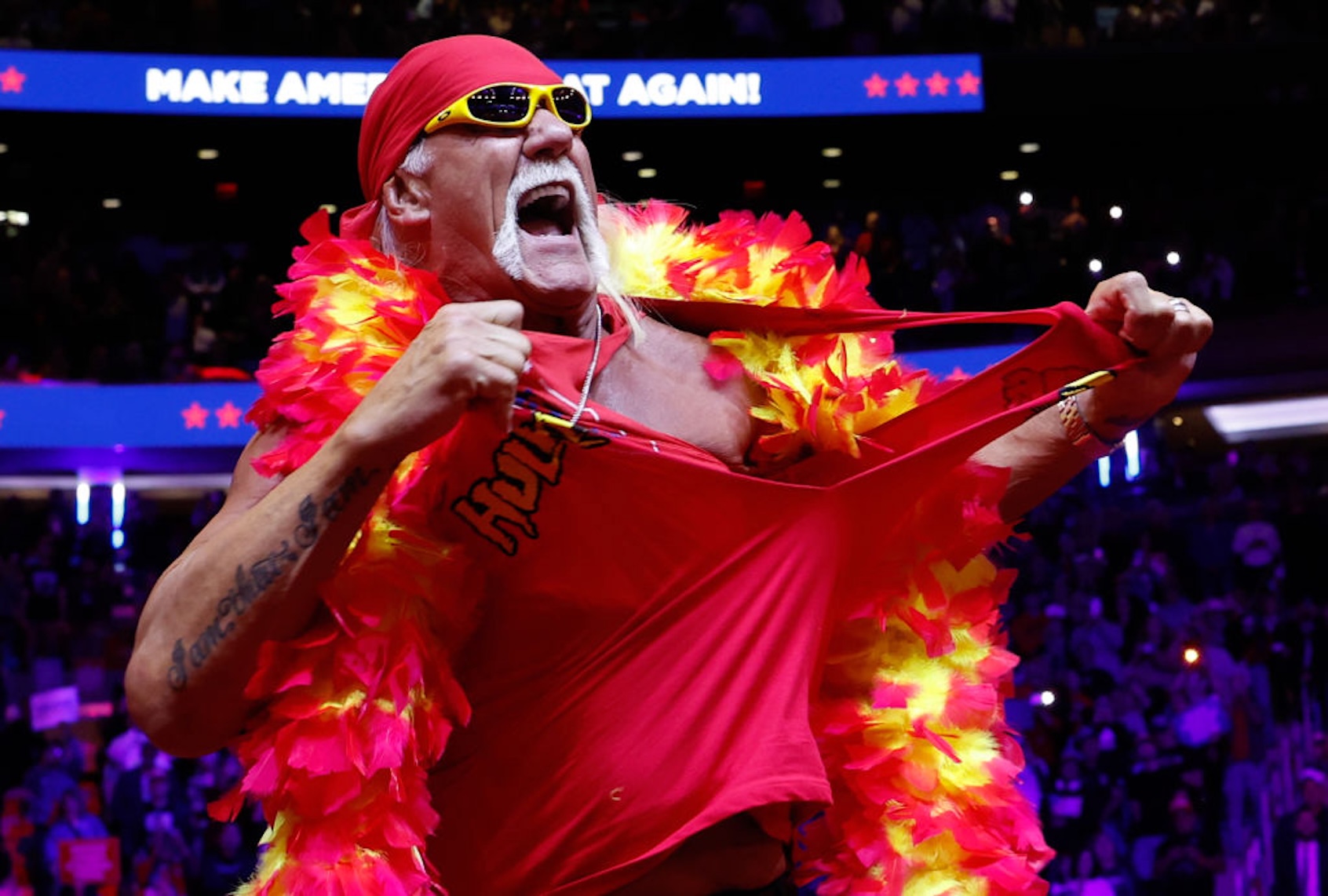Hulk Hogan Dies at 71: Wrestling Legend’s Profound Cultural and Political Legacy Explored
Hulk Hogan Dies at 71: Wrestling Legend’s Profound Cultural and Political Legacy Explored

Wrestling legend Hulk Hogan, whose real name was Terry Bollea, passed away on Thursday at the age of 71 due to cardiac arrest at his Tampa, Florida home. The sudden death of the iconic performer has sent shockwaves through the wrestling community and beyond, prompting immediate tributes from fans, peers, and even political figures.
WWE’s ‘SmackDown’ honored Bollea with a traditional 10-bell salute, reflecting the deep pain and shock felt by those within the industry. President Donald Trump, currently six months into his term, also offered a heartfelt tribute on Truth Social, calling Hogan ‘a great friend’ and ‘MAGA all the way,’ highlighting the unique alliance that marked Hogan’s later public life.
Hulk Hogan’s ‘Hulkamania’ era in the mid-1980s was a generation-defining phenomenon, transforming professional wrestling into a global cultural force. With his signature red and yellow gear, ’24-inch pythons,’ and catchphrases like ‘Eat your vitamins and say your prayers, brother!’, Hogan transcended the ring, becoming a symbol of American strength and entertainment.
However, Bollea’s later years were marked by controversy, including a sex tape scandal and accusations of racism, which tarnished his once-universal appeal. His surprising alliance with Donald Trump during the 2024 presidential campaign further complicated his legacy for many fans, intertwining his persona with the political landscape. This partnership, where Hogan adapted his theatrical performance for the ‘MAGAverse,’ underscored the blurred lines between entertainment, celebrity, and politics in contemporary America.
Despite these complexities, Hogan’s monumental contribution to professional wrestling is undeniable. As wrestling historian Brian R. Solomon noted, ‘Wrestling history is divided in two parts: Before Hulk Hogan, and after Hulk Hogan.’ While Terry Bollea, the man, faced personal failings, the enduring image of Hulk Hogan, the larger-than-life hero, remains immortal in the minds of millions who grew up with him. His passing prompts a broader reflection on the intricate relationship between celebrity, public perception, and the evolving American narrative.
Disclaimer: This content is aggregated from public sources online. Please verify information independently. If you believe your rights have been infringed, contact us for removal.